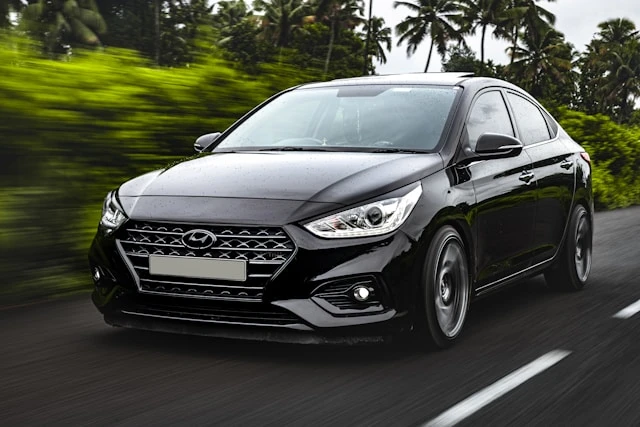Is a Sedan or SUV Better for a Family Car?
When it comes to choosing the ideal family car, the debate between sedans and SUVs has long been a topic of discussion. Both vehicle types offer their own set of advantages and disadvantages, catering to different needs and preferences. Today we’re comparing the two to determine which is better suited for family use.
Space and Seating
SUVs typically boast larger cabins and higher seating capacities compared to sedans. This means SUVs are often preferred by families needing extra space for passengers and cargo. With the ability to accommodate up to seven or even eight passengers in some models, SUVs offer greater flexibility for larger families or those who frequently carpool.
On the other hand, sedans usually have limited seating capacity, typically accommodating five passengers. While they might be sufficient for smaller families, sedans might feel cramped during long journeys or when carrying bulky items.
Versatility
SUVs are renowned for their versatility, thanks to features like foldable rear seats and ample cargo space. This makes them suitable for various family activities, such as camping trips, sports events, or hauling large items.
Sedans, with their more compact design, might struggle to provide the same level of versatility. However, sedans often have larger trunks compared to similarly sized SUVs, offering ample space for groceries, luggage, or everyday items.
Fuel Efficiency
In general, sedans tend to be more fuel-efficient than SUVs due to their lighter weight and aerodynamic design. Families concerned about fuel costs or environmental impact might lean towards sedans for their superior fuel economy. However, advancements in hybrid and electric SUV technology have narrowed this gap in recent years, offering eco-conscious families alternative options without sacrificing space and utility.

Driving Experience
Sedans are typically praised for their smooth handling, precise steering, and lower centre of gravity, resulting in a more car-like driving experience. This can be advantageous for families who prioritise comfort and agility, especially in urban environments or tight parking spaces.
On the other hand, SUVs often provide a commanding view of the road, along with enhanced ground clearance and all-wheel-drive capabilities, making them better suited for rough terrain or adverse weather conditions.
Safety
Both sedans and SUVs come equipped with a range of safety features designed to protect occupants in the event of a collision. However, SUVs generally have a higher stance, providing better visibility and potentially reducing the risk of certain types of accidents, such as rear-end collisions.
Additionally, SUVs often incorporate advanced safety technologies, such as blind-spot monitoring and lane-keeping assistance, which can further enhance driver awareness and accident prevention.
Cost
In terms of upfront costs, sedans tend to be more affordable than SUVs, making them an attractive option for budget-conscious families. Additionally, sedans typically have lower maintenance and insurance costs compared to SUVs, which can contribute to long-term savings. However, families should also factor in fuel expenses, as SUVs typically consume more fuel than sedans, potentially offsetting the initial cost savings over time.
In the end, the decision between a sedan and an SUV as a family car ultimately comes down to individual priorities and preferences. Families requiring ample space, versatility, and off-road capabilities may find SUVs better suited to their needs, while those prioritising fuel efficiency, driving dynamics, and affordability may opt for sedans.